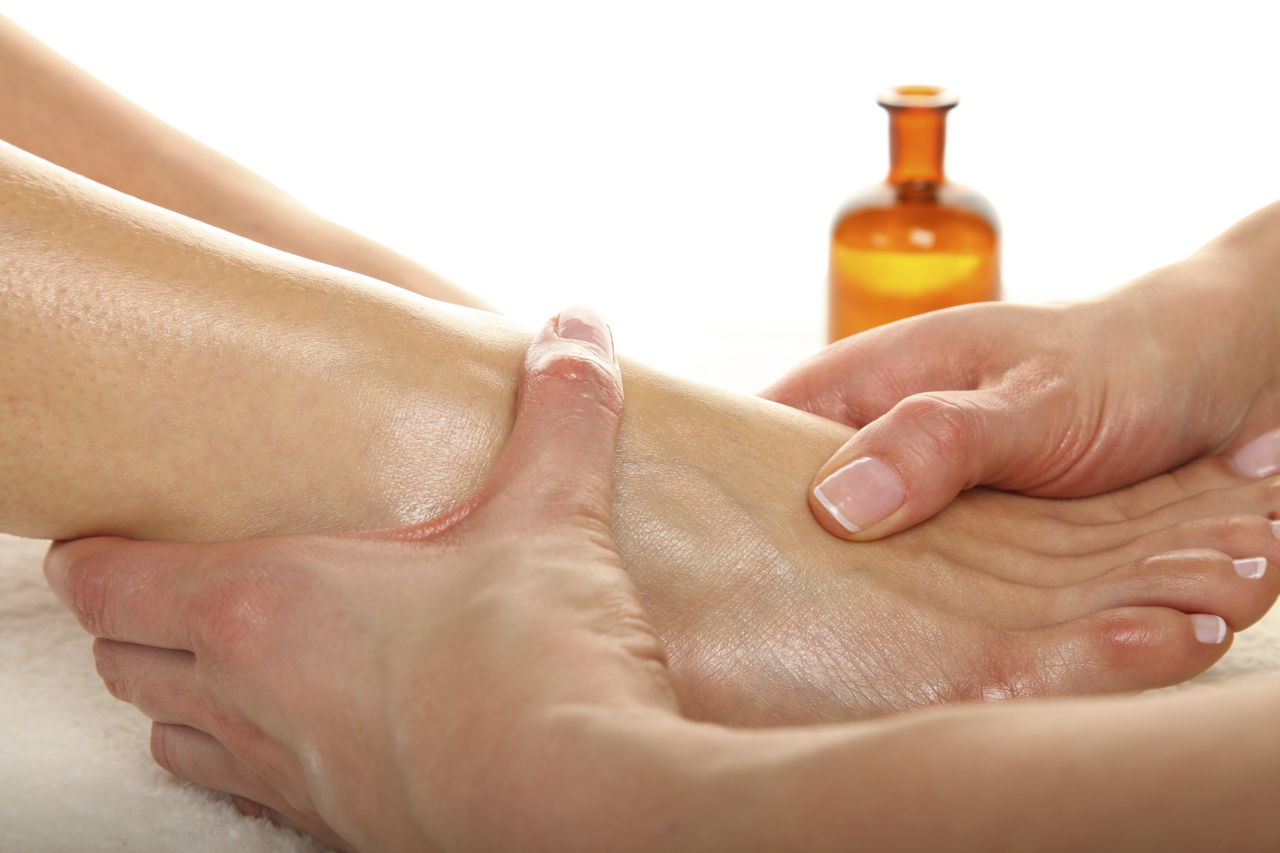
Many people with chronic Achilles tendonitis use stretching and strengthening exercises to treat the problem at home. One theory, based on the idea that torn muscle fibers in the calf are the cause of the problem, suggests that stretching and strengthening could make the problem worse. Read on to discover an alternative way to heal Achilles tendonitis.
Have you been using stretching and strengthening exercises in an attempt to treat your chronic Achilles tendonitis? If so, you may be prolonging the injury. One school of thought says that this type of very common therapy could be exactly the opposite of what you need to speed the healing of Achilles tendonitis and other heel issues, and it all has to do with muscle fibers.
It’s well-known that Achilles injuries are closely related to the calf muscles. Many people say that stretching and strengthening the calf muscles is the key to resolving pain in the Achilles tendon. However, a closer look at the cause of Achilles tendonitis reveals that this may not be the best thing for the injury, and could in fact be causing more harm than good.
The Theory
The Achilles tendon attaches to the foot at the back of the heel, but it stretches down the entire length of the calf. Because the calf muscles attach to the leg just above the back of the knee, Achilles tendon issues really involve the entire lower leg. If there is damage to the calf muscles, Achilles tendonitis could result. One theory holds that if the muscle fibers in the calf are torn or knotted, the Achilles tendon will not be properly supported, resulting in inflammation and pain.
The Alternative
Massage and Compression for Realignment
For torn or knotted muscle fibers, stretching and strengthening exercises could be counterproductive. The muscle fibers may need to be rested, massaged, and realigned in order to bring the muscle back into proper working order. By stretching the calf muscles and the muscles surrounding the Achilles tendon, people with injuries could be preventing themselves from healing. The reason is that stretching has a tendency to tear muscle fibers even more, resulting in improper growth. Instead of stretching, therefore, the muscles should be compressed.
In order to compress the calf muscles to promote muscle fiber realignment and healing, those with Achilles tendonitis can massage their legs fairly aggressively. If people have Achilles tendonitis on one foot and not the other, chances are that they will find the calf muscle on the affected leg to be sorer in more places than on the unaffected leg. Deeply massaging calf muscles to discover these tender spots is the first step to recovery.
What to Avoid
Once the tender spots of the calf have been located, people with injuries should continue to massage the painful areas quite frequently without fearing a little bit of pain. It may be painful to compress and work out the knotted, torn areas of the calf muscles, but this pain could result in a stronger Achilles tendon. One note of caution, however: sore Achilles tendons themselves should never be aggressively massaged.
Because Achilles tendon pain is caused by inflammation, massaging the Achilles will only irritate it, making the inflammation worse. The important thing to understand is that Achilles tendon pain is not necessarily caused in the location of the pain. The root cause of the pain could be much further up the leg, so focusing on those problem areas is likely to resolve the pain in the tendon.
Don’t Make a Bad Problem Worse
One important thing to note is that calf massage and other tendonitis treatments should begin as soon as pain is experienced in the Achilles tendon. By treating the root cause of the issue as soon as possible, athletes can avoid chronic problems. For those who do have chronic tendonitis, regular calf massage can be used as a preventative measure. Anyone with a chronic or acute sports injury should always consult a doctor or physical therapist before trying any alternative or home care techniques. With the approval of a professional, regular massage of the calf muscles could help to clear up Achilles tendonitis.


